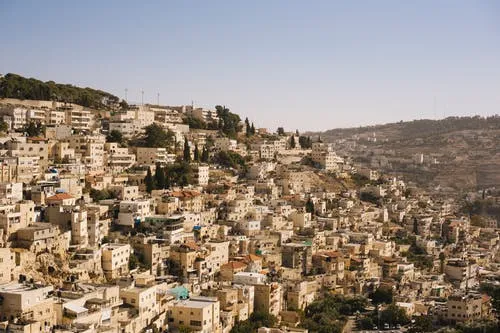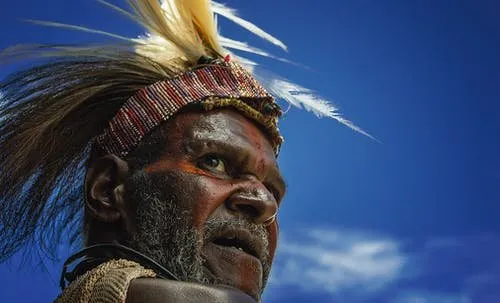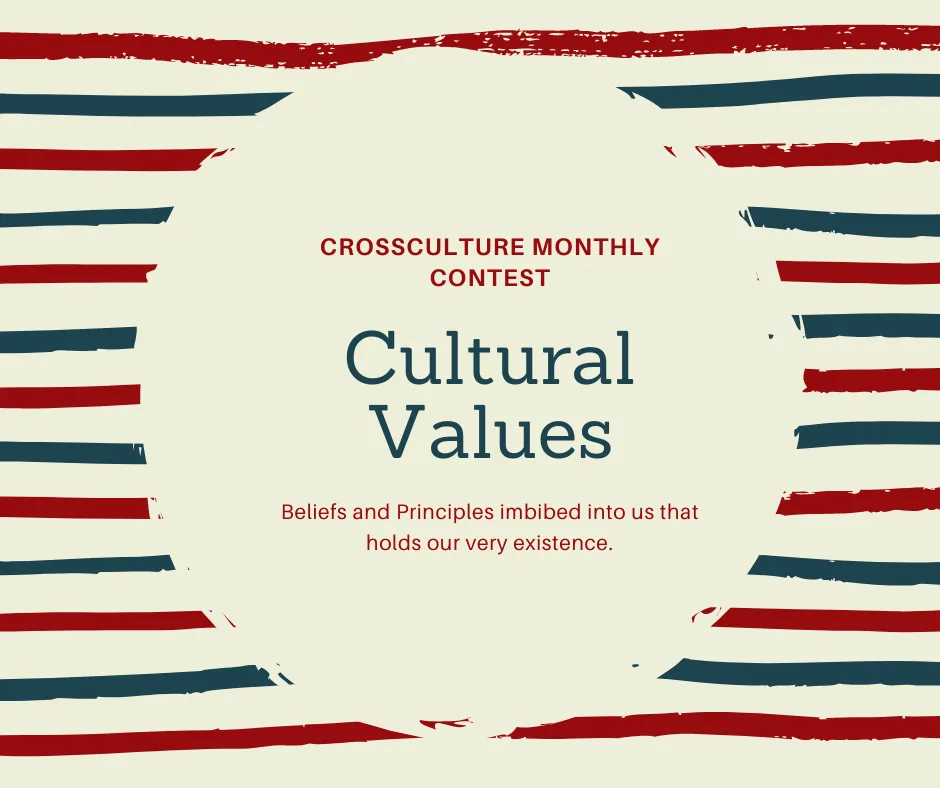
Image: Downloaded from the contest announcement post
Hello everyone. It's a new week and hopes are high. Culture is dynamic and the total way of life of a people. Today, I want to take you on an eye-opening journey.
I am a Nigerian. I hail from the southeast zone, and the major dialect is Igbo. The Igbo-speaking people of Nigeria are very industrious. They believe where ever you travel in the world and find no traces of Igbo descent, leave that place. We are believed to have originated from the Paleolithic-Israeli tribe. However, there is no literature document to this claim and historians would not bold firm to the claim.
The culture of the Igbo people is very dynamic as their lives revolve around family, lineage, and kinsmen or bloodline. They lived a sedimentary life. Among the Igbo people, every man has the right to lead his family. No political structure where you get to control or influence others like in other societies where kings or chiefs are instituted for leadership roles. The eldest man in a family is the head of the family. Even at that, there is little he would do to control the matters that affect the descent in his family that are not his biological children.
The highest chieftaincy title among the Igbo people is the Ozor title. This title is awarded to any individual who has shown prowess in their career, be it farming, fishing, trade, hunting, or wrestling.
One very vital interest of the Igbo culture is the marriage institution. A girl child is indirectly everyone's responsibility in the family unit, even extended families. So, during the marriage rites, the whole extension of the family from paternal and maternal lineage gets involved directly or indirectly.
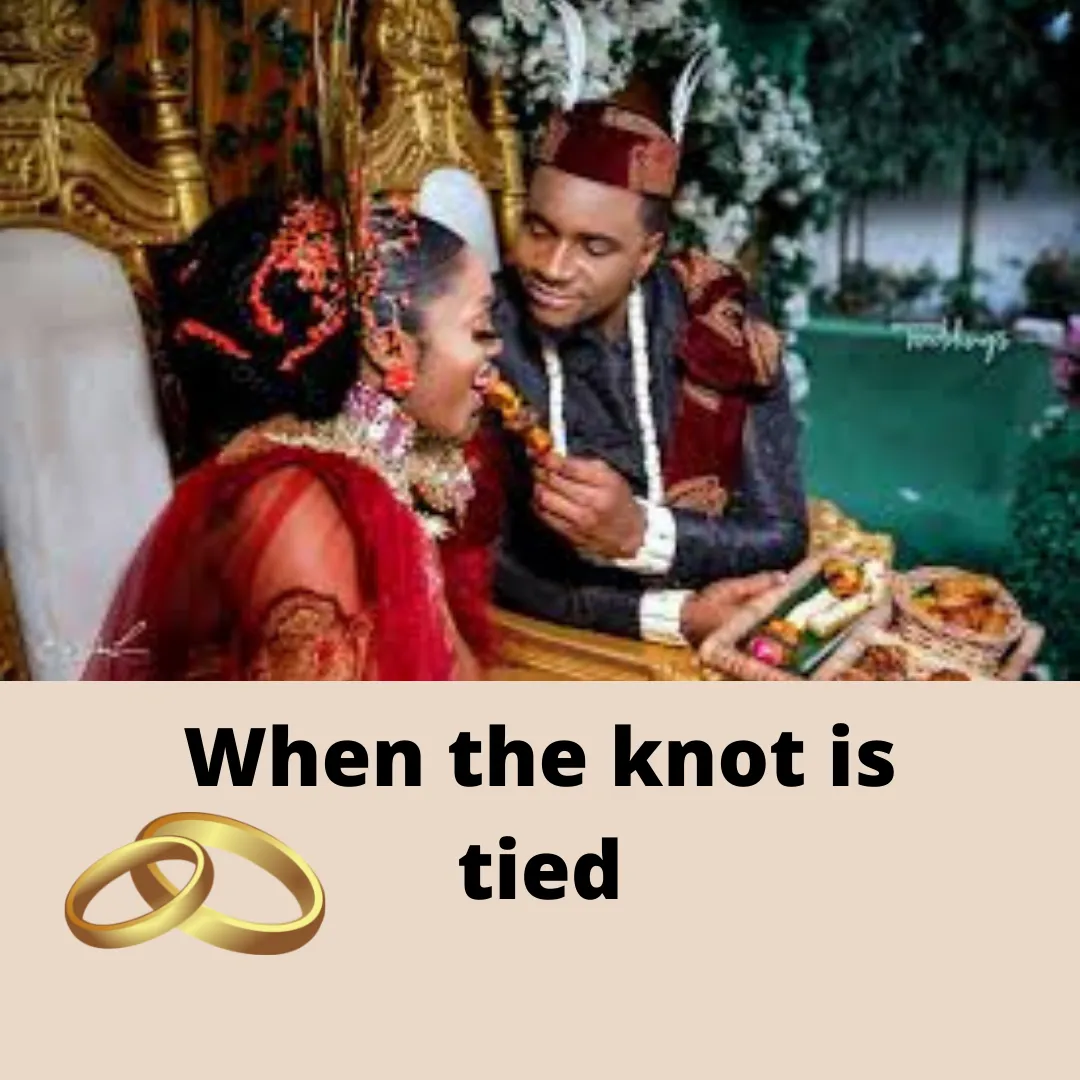
Image: Redesigned @canva.com
The Igbo Marriage Rites
In a typical Igbo marriage, the groom's family would pay a visit to the bride's family with a few accomplices from among his kindred (a kindred is usually made up of a brother's children and wife). The visit is done with local wine, palm wine in most cases except until recently when westernization is changing the trend. The visitors would make their intention know while the bride's family would get to know them, beginning from they hail, the name of the family or kindred. The bride's family would have to find out about the groom's family. Their history, how other women in the family had fair, whether they have a history of insanity, terminal ailment, and the likes.
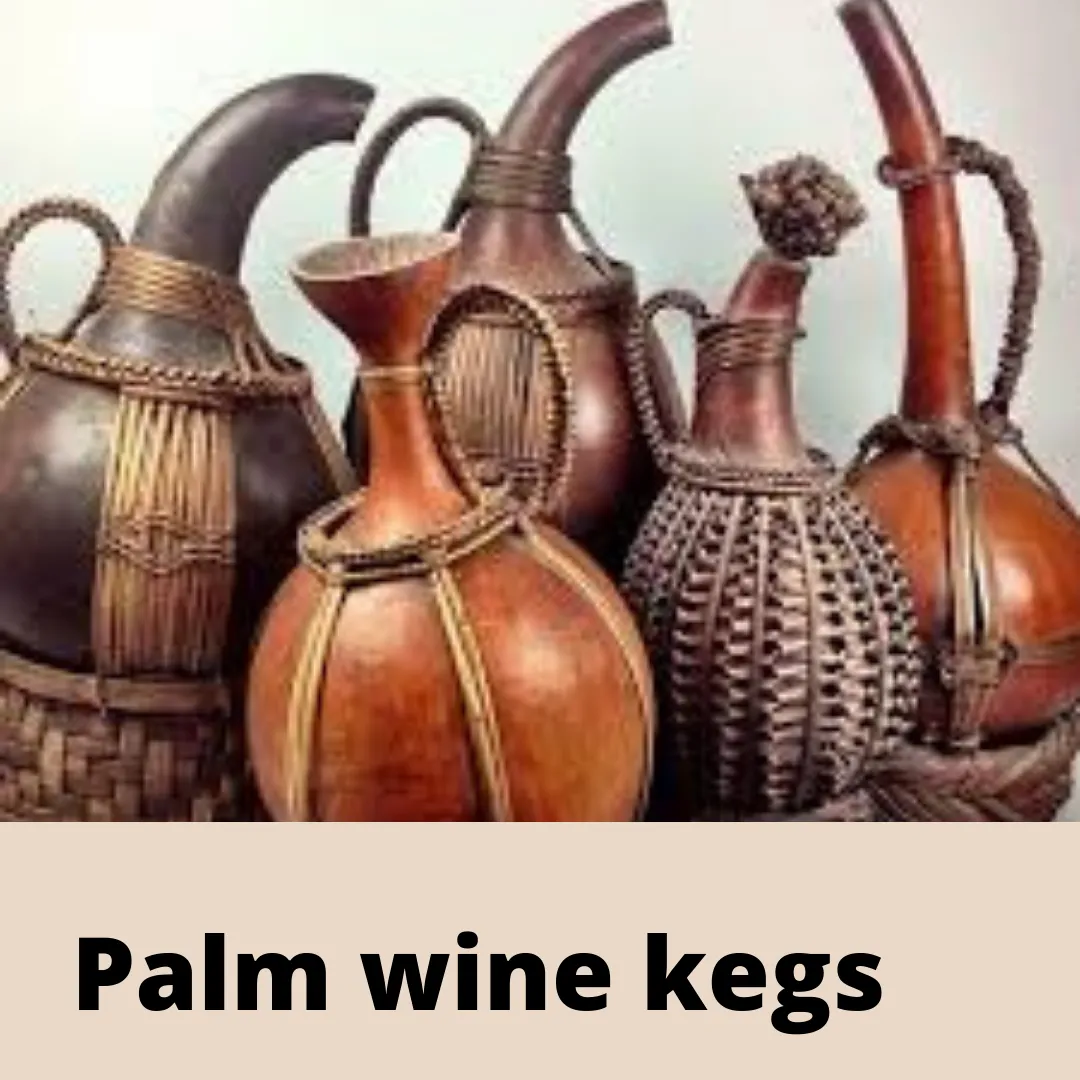
Image: Redesigned @canva.com
At the second visit, the bride's family would call their daughter to know her intention. They would request her to indicate if she is interested in marrying the supposed groom. Her consent is very important to whether the process would continue or stop abruptly. In most cases, the brides have consented that the elders should go ahead with the rites. Here, they are presented with a list of what to provide. The list is a big issue in some societies. The list contains:
• List of items for the parents.
• List of items for the firstborn girls in the kindred.
•List of items for the youth in the community.
• List of items for the women in the kindred.
• List of items for the maternal home of the bride.
•List of items for the bride
The foregoing lists must be satisfied by the groom before the dowry would be paid. It differs from family to family now the listing settlement would be conducted. Usually, it is done publicly.
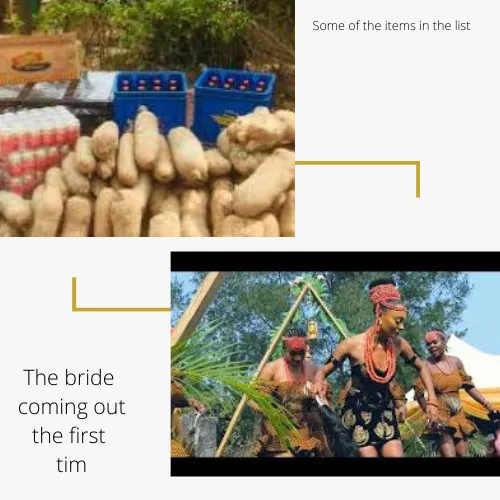
Image: Edited and redesigned @canva.com
The final stage is to public engage the new-weds. This comes with a big celebration called IGBA-NKWU. The party venue is designed with local palm wine pots or kegs and palm leaves. Local music and food are served to guest. During the solemnization, usually done in the bride's family home, the groom's family is well taken care of.
The most favorite meal during the traditional marriage is right is UGBA. It is made from oil beans. The Igbo people often referred to it as African Salad. The cooked and sliced oil bean is sauced with potash mixed with palm oil and chili pepper, beef or stockfish, cow skin (hide). You made UTASHI, vegetable herbs which are believed to cure ulcer or other stomach related ailments. Some people also add sliced garden eggs. An Igbo wedding is incomplete without this meal.
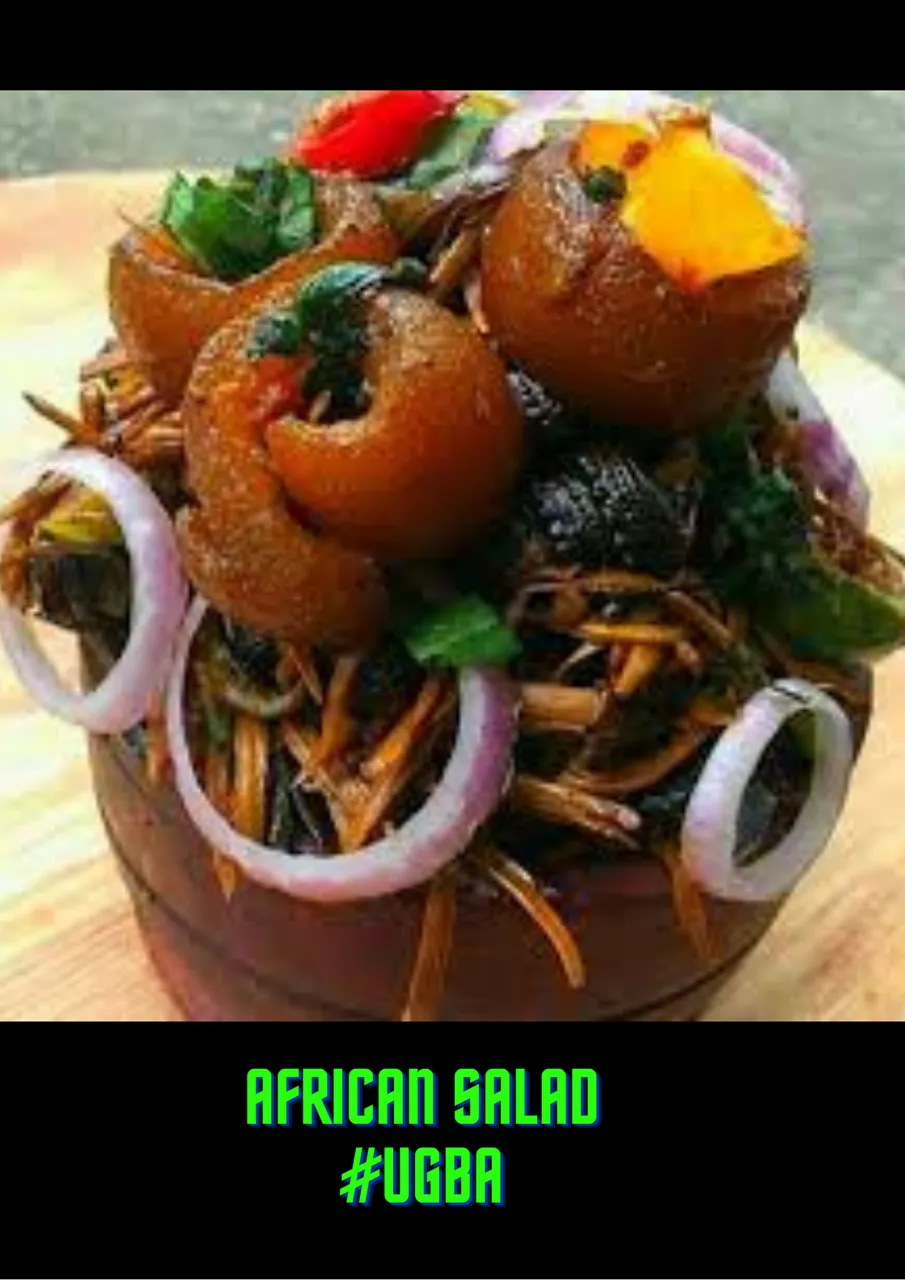
Image: Designed @canva.com
In recent times, the Igbo people inter-marries other tribes or nationalities. Before now, there wasn't much inter-marriage, traveling and exposure have made it so now.
The people are traditional worshippers. They believed in deities and ancestral worship. An individual is believed to have a CHI that acts as a guardian angel. During the colonization era, the people were largely converted to Christianity. Today, over 80% of the Igbo people are Christians.
I invite @cool08, @jay-one and @merit.ahama to take part in this contest.

Image: Downloaded from contest announcement post

